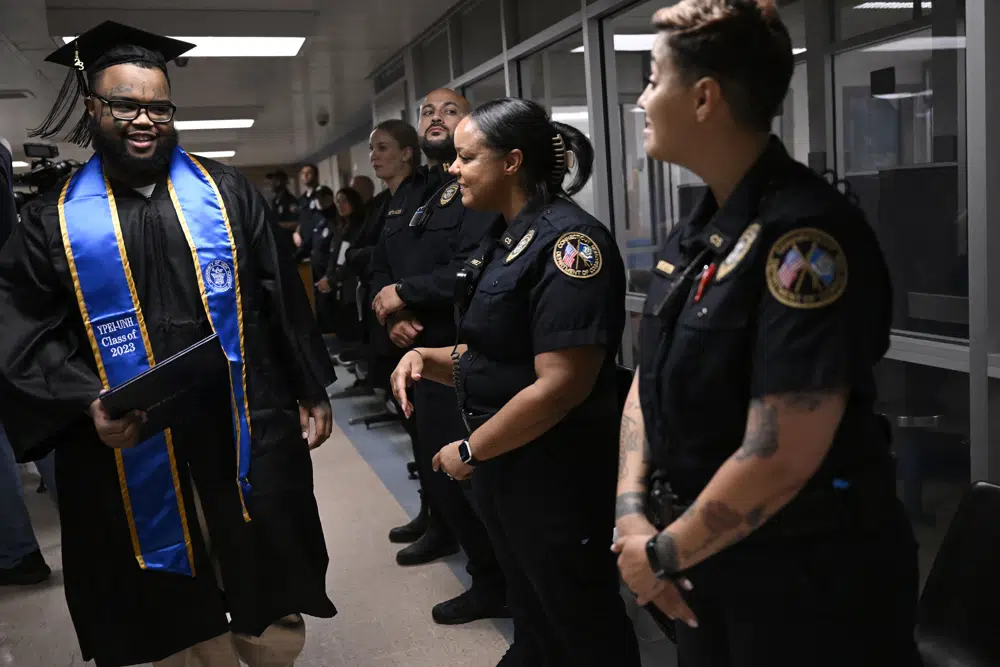

- Nov 10, 2023


- Oct 15, 2023

- Oct 7, 2023
Recent Posts





Archive
Tags
Read about why we offered Intensive Elementary Latin to incarcerated students in a blog post at the Society for Classical Studies, whose "Classics Everywhere" grant helped fund our program this summer:
"Hoping to foster excitement about Classics in marginalized communities, Nebojsa Todorovic, a 3rd year PhD student in the Comparative Literature program at Yale University, recently taught an intensive elementary Latin course to nine male incarcerated students at McDougall-Walker Correctional Institute. Todorovic was born in Sarajevo, grew up in Italy, and works on the reception of Greek tragedy in the Balkans during the Yugoslav War. Todorovic’s five-week intensive Latin course was part of the Yale Prison Education Initiative at Dwight Hall (YPEI) and was funded by the Classics Everywhere Initiative, the Classical Association of New England, and the Classical Association of Connecticut. As Todorovic notes, there is a perception of Classics that must be addressed and changed:
"Learning Classical languages is often associated with class privilege, with an aura of detachment from the contemporary world. The motivation and the excellent results that my incarcerated students have achieved shows that Latin, when made accessible to traditionally underserved populations, can offer a window into a new and formerly unimaginable world. Learning Latin, my students became interested in questions of language and linguistics, law, science, social history, literary history, and more. In a sense, they "resuscitated" a language that is far from being dead."
Todorovic taught for three hours each morning for five days per week. After class, volunteers worked with the students in small sessions to help them solidify what they were learning.
"For me, teaching Latin in prison has been a revelatory experience. The intense pace combined with my extraordinary group of students (the most motivated and engaged students I have ever taught), always kept me on my toes. The students were bright and eager to learn, profoundly demonstrating the intellectual and academic might our society has left to languish behind bars."
The students were delighted to have learned Latin too. One student noted:
"Latin is like Mathematics. I’ve learned that you cannot guess at an answer. Latin forces me to think inside of the box and to follow rules similar to close reading strategies. I continue to use the skills I have developed in Latin outside the classroom."
Another reported:
"Learning Latin has helped me develop analytical skills. Nebo took the time in showing us how to break down a single word all the way to translating entire Latin passages. This program also taught me patience in learning and an understanding that it's a process and if I stick to it I can succeed."
The Founder and Director of the YPEI, S. Zelda Roland, is eager to report on the breadth and progress of the initiative:
"Last summer YPEI was able to offer our first Yale courses to incarcerated students in CT state prisons, marking the first time any incarcerated students anywhere have ever earned real Yale credits, which appear on real Yale transcripts. We are extending access to what is perceived to be one of the most elite credentials in American higher education to a group of students who have been among the most systematically deprived of access to higher ed."
Roland decided to include Latin as a course this year because “it really demonstrates our commitment to the liberal arts. The liberal arts teach you how to think critically, and they are not widely available in prisons.” According to Roland, their program “extends access to the type of education that we believe the best and brightest minds in this country should have, to the best and the brightest who happen to be on the wrong side of mass incarceration.”
While teaching in a prison is rewarding, it also comes with challenges. Everyone must abide with the rhythm of the prison facility, which can be limiting. Students can never be left alone and an officer has to oversee all students at all times. Instructors cannot be late, as the facility allows entry only at certain times, and they must undergo a daily security check. In addition, the facility has no internet, so instructors and students cannot correspond between sessions."
